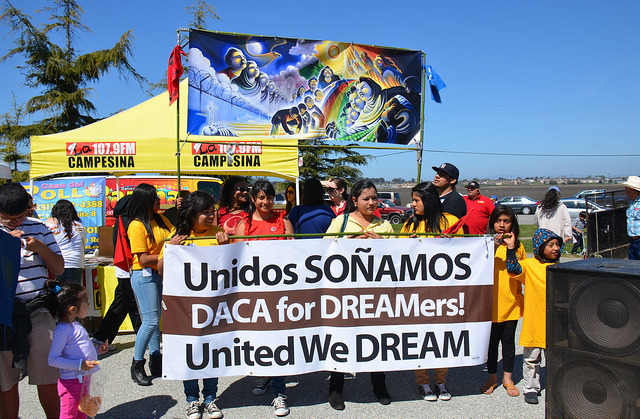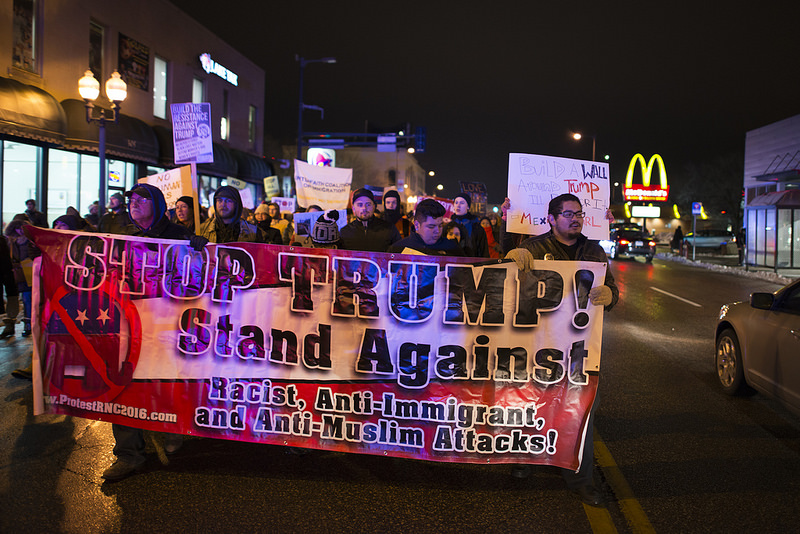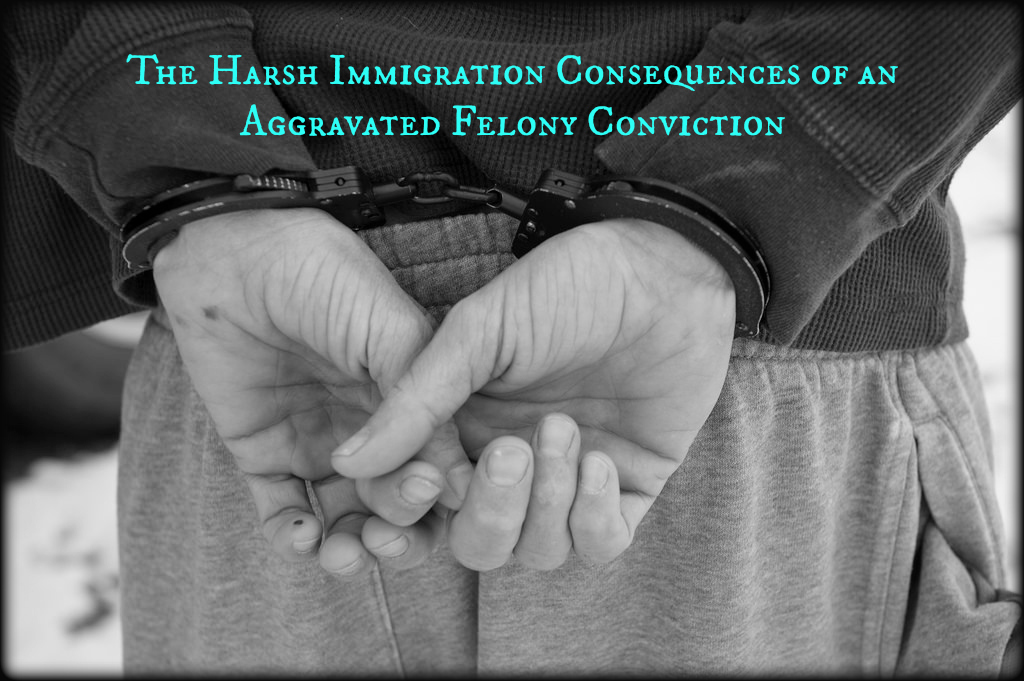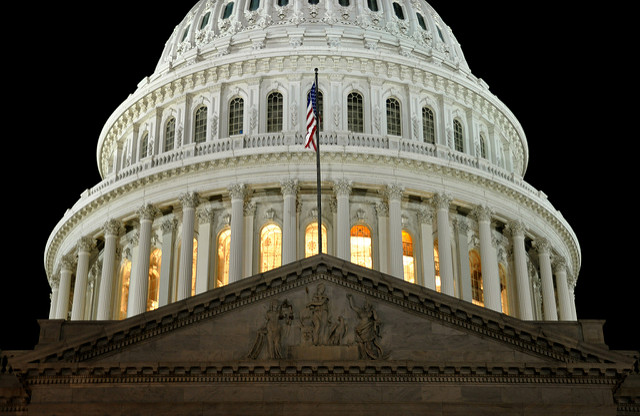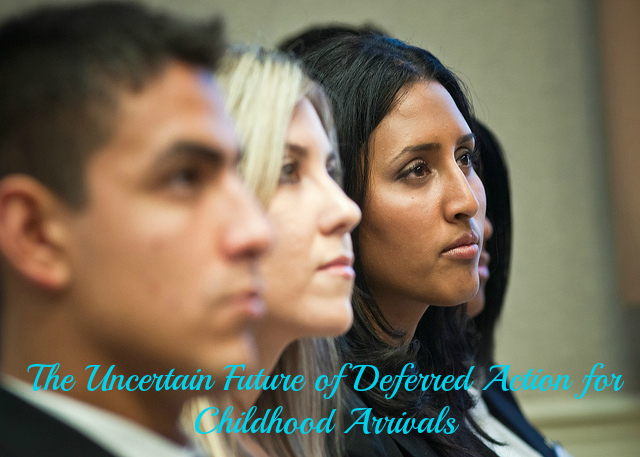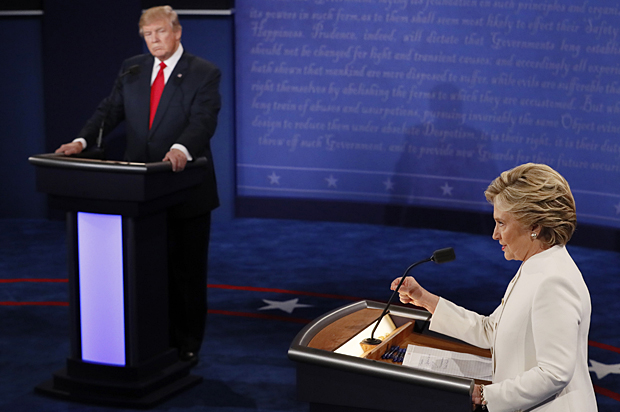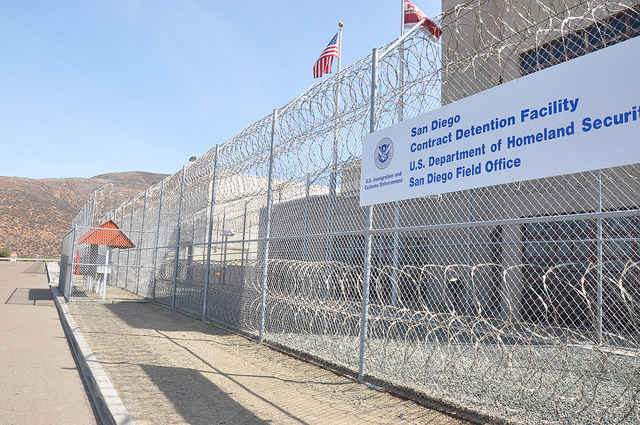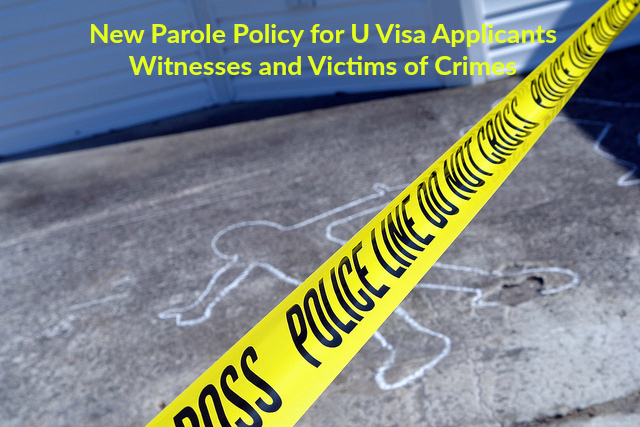On Friday December 9, 2016, Democratic Senator Dick Durbin of Illinois, and Republican Senator Lindsey Graham of South Carolina, introduced the “Bar Removal of Individuals who Dream and Grow our Economy” BRIDGE act before Congress to protect Dreamers from deportation, and allow them to keep the temporary employment authorization (EAD) they currently possess. This legislation was introduced to provide temporary relief to the young, undocumented, immigrant population that was issued Deferred Action for Childhood Arrivals (DACA) or “deferred status” by President Barack Obama in 2012. Amid mounting pressure to protect the existing DACA program, as well as feelings of fear and uncertainty surrounding the future of the program, several Democratic and Republican Senators have come together to save the program from the Trump administration including Senators Dianne Feinstein, Lisa Murkowski, and Jeff Flake. As you may remember, DACA was first introduced by President Obama in 2012 to provide undocumented immigrants who came to the United States at a young age, the opportunity to apply for employment authorization, and be protected from deportation. DACA is not a form of amnesty, and does not provide a path to permanent residency or citizenship. DACA recipients, commonly referred to as “Dreamers” in the media, are undocumented persons who came to the U.S. as young children, and are pursuing the American Dream through higher education or military service in the United States.
Last week, just before Congress went into recess before the winter holiday, Senator Graham along with other Senators introduced the “Bar Removal of Individuals who Dream and Grow our Economy” (BRIDGE) act which will give current DACA holders “provisional protected presence” for a three year period, as well as undocumented persons who are eligible for the program, but who have not yet applied. Although this act is not a revelation, given that this “provisional protected presence” sounds a lot like “deferred status” which DACA has already conferred upon DACA recipients, the legislation does promise to protect this population of undocumented immigrants from deportation, and allow them to continue living, working, and studying in the United States without the need to fear deportation. The criteria will also be the same as the eligibility criteria for the DACA program. At the very least this piece of legislation if passed, will protect current DACA holders from losing the temporary employment authorization they already possess, and will shield young undocumented people who would otherwise be eligible for the program, from deportation under the Trump administration.
 Visa Lawyer Blog
Visa Lawyer Blog


